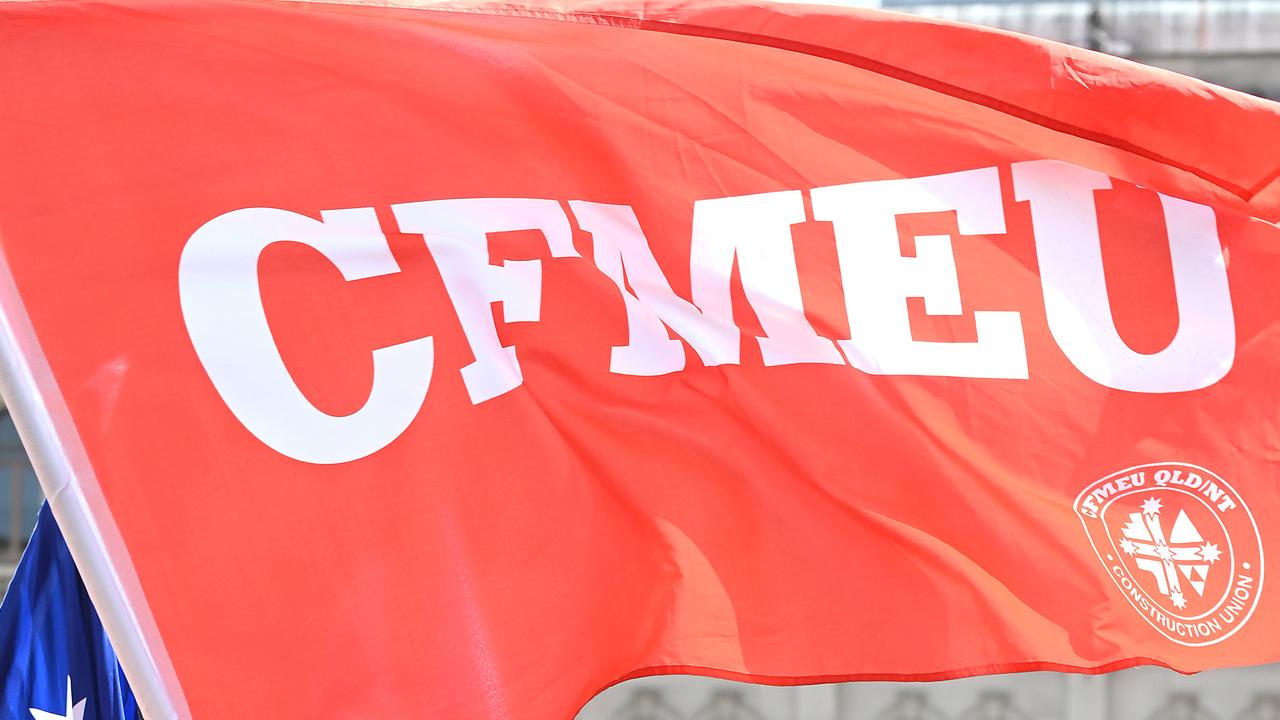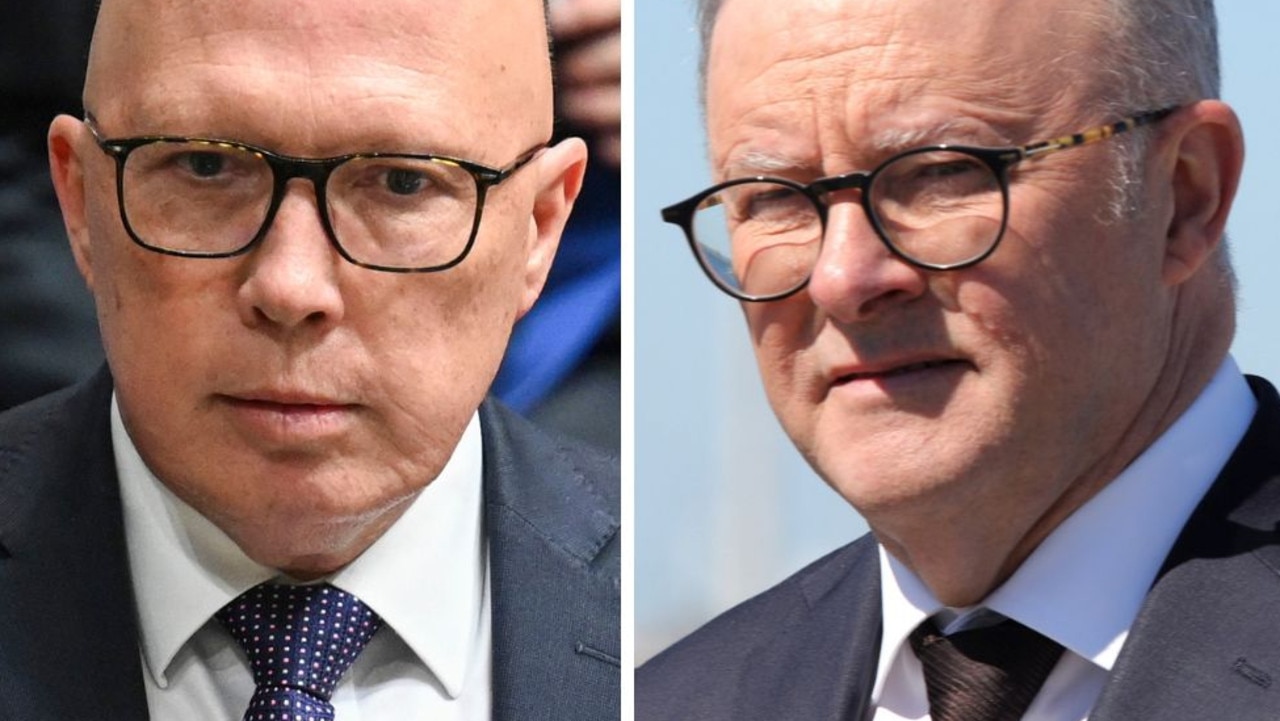Peter Dutton’s decision to not allow a free vote sets debate apart from previous referendums
The Voice referendum is still more than six months away, but already major points of difference to the last constitutional change attempt are emerging.
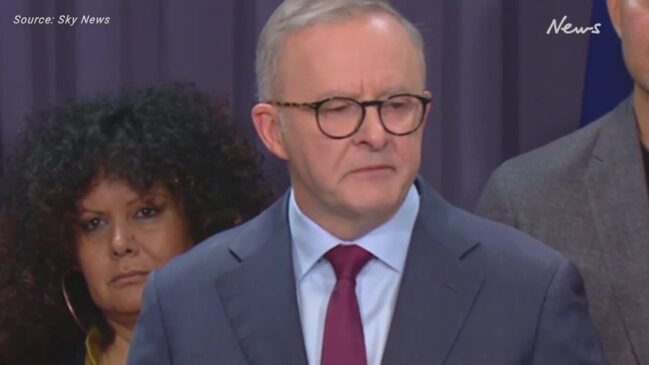
Leaders
Don't miss out on the headlines from Leaders. Followed categories will be added to My News.
The last time Australians were asked whether or not they wanted to alter the constitution was in 1999, when former prime minister John Howard was three years into his 11 year tenure.
At the time, Mr Howard made the “unusual” decision to hold a referendum despite spearheading the “no” campaign.
Mr Howard – a constitutional conservative – was at odds with his treasurer Peter Costello, a republican. As such, he gave his cabinet a free vote – in turn saving the party from a major political divide.
Political commentators and Liberals themselves are confused – and concerned – by Peter Dutton’s decision to not follow Mr Howard’s lead in the Voice referendum, instead binding his shadow cabinet to the “no” vote.
Political commentator and lecturer Mark Kenny has described it as “illiberal”.
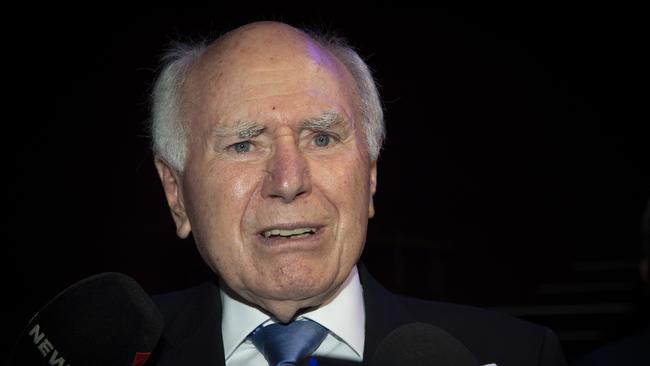
The referendum is still at least six months away, but the collateral damage has begun.
Last week, Julian Leeser – a constitutional conservative and long-time advocate for a Voice to parliament – resigned from shadow cabinet and his positions of shadow attorney general and spokesman for Indigenous Affairs to campaign “yes”.
Mr Kenny says he believes Mr Dutton’s decision not to offer a free vote stemmed from the Opposition Leader being “more concerned” with appealing to the conservatives within the Coalition than with the impact on the “fabric of society” itself.
“What Howard managed in 1999, and indeed what (Malcolm) Turnbull managed in the 2017 same-sex marriage survey was to allow differences in his party, and what Dutton has tried to do – which in my view is quite illiberal – is oppose this and locked his party into opposition it as well,” Mr Kenny said.
He suggested the position the Nationals took late last year to formally oppose the Voice before any significant details had been released had ultimately “boxed in” Mr Dutton, and therefore risked his position as leader.
“Mr Dutton’s priority is unifying his party – that’s been his priority since taking over that involves a lot of ‘rah rah’ conservative values, toughness, unity, hold the line,” he said.
“There’s no real external logic to the position that Peter Dutton has taken here in binding his party. It’s all internally logical and about holding on to his position.
“The damage it does to the fabric of Australian society is a secondary consideration.”
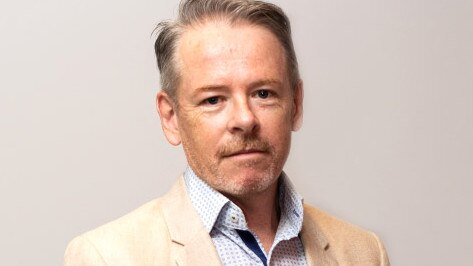
Mr Dutton’s opposition stems from his belief that what he calls the “Canberra Voice” will divide Australia and do little to close the gap, instead preferring legislated local and regional voices.
In making the party’s position clear earlier this month, he said the party supported constitutional recognition of Indigenous Australians, but the Voice was the wrong way to go about it.
As such, Prime Minister Anthony Albanese has had no choice but to give up on securing bipartisan support for the Voice referendum.
Historically speaking, of the 44 referendums, only eight have passed – all with bipartisan support.
But with the primary vote of both major parties at their lowest ever level, and millions of young voters having enrolled to vote in the past 24 years – Mr Albanese is confident the old adage is less relevant than in the past.
“ (Mr Dutton) made his decision. We factored that in, and we will just work to ensure that it (the Voice) does succeed,” he said last weekend.
“I think Peter Dutton has underestimated the number of Liberal and National party voters who will show generosity and goodwill and who will vote yes in this referendum.”

The position is not binding for Liberal backbenchers. Tasmanian MP Bridget Archer and NSW senator Andrew Bragg have already indicated their intention to campaign for a “yes” vote.
In the wake of Mr Dutton’s announcement elsewhere, former Indigenous Affairs Minister Ken Wyatt quit the party over their position on the Voice.
Meanwhile, former deputy Liberal leader and another former Aboriginal Affairs minister, Fred Chaney, has described Mr Dutton’s decision to oppose the Voice as “sad and pathetic”.
Senior moderate Liberal Simon Birmingham in a Facebook post this week said he would have liked a free vote to better represent the key differences among not just the Liberal party room – but among the voters, and those they need to win back, more broadly.
“These differences are why I would have preferred a free vote on this proposal, consistent with our party position on the last two national votes (marriage equality and a republic),” he said.
“But the majority of the Liberal party room disagreed, preferring a formal party position supporting the initial concept of constitutional recognition, but opposing a constitutionally enshrined Voice to Parliament at this time.”
Mr Wyatt said he believed Mr Dutton would change his mind and give his shadow cabinet a conscience vote.
“They will then express the way they want to vote. I do hope that many more come over,” he said this week.
“My phone is always on and I will talk to anybody who wants to have a discussion.”
Liberal sources say it is highly unlikely the party room will make such a change in position.
On the day he announced the party’s decision said the Voice posed a more significant change than the Republic referendum did.
“And I don’t think Australians yet understand the full impact of what the Prime Minister is proposing,” he said.
“In our party room … The vast majority … support the position we’ve adopted. No question.”
Originally published as Peter Dutton’s decision to not allow a free vote sets debate apart from previous referendums



